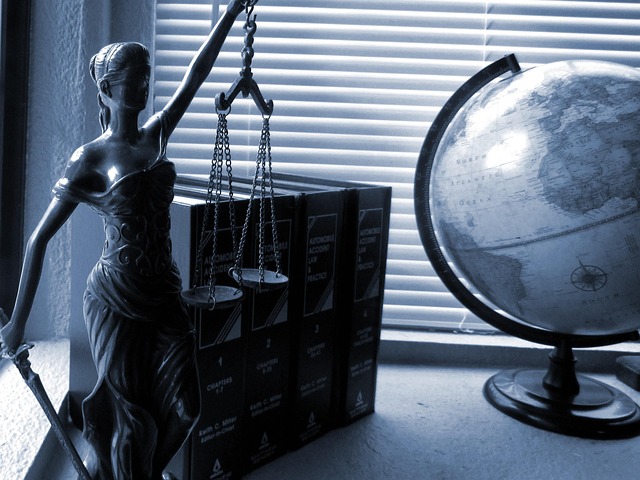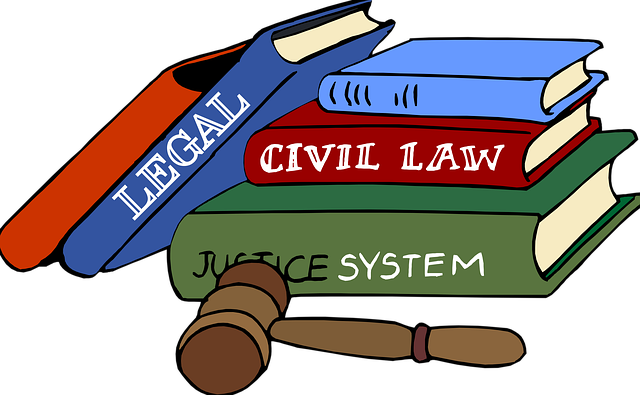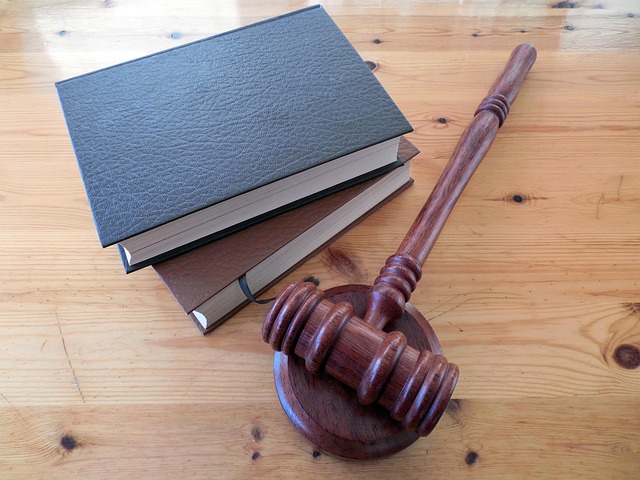Famous Class Action Lawsuits in History have a long track record of driving corporate accountability, dating back to 1906's Bissell v. Northern Pacific Railway. These lawsuits expose unethical practices, leading to either dismissals or substantial settlements. Cases like Enron's account fraud suit significantly impacted governance, fostering transparency and deterring similar crimes. High-profile lawsuits shape business strategies, enhance regulations, and provide valuable risk management insights for future challenges.
In an era where corporate integrity is under constant scrutiny, C-level investigations have become a powerful tool for uncovering and preventing misconduct. This article delves into the historical landscape of corporate scandals, explores iconic lawsuits that shaped business ethics, examines the rise of famous class action cases, and analyzes legal battles that left indelible marks on corporate governance. From historic trials to contemporary strategies, we uncover vital lessons from significant famous class action lawsuits in history, offering insights for navigating today’s complex business environment.
- Uncovering Corporate Scandals: A Historical Perspective
- Iconic Lawsuits: Shaping Business Ethics
- The Rise of Class Action: Famous Cases
- Legal Battles: Impact and Lessons Learned
Uncovering Corporate Scandals: A Historical Perspective

Uncovering corporate scandals is nothing new, with some of history’s most famous class action lawsuits serving as a stark reminder of the power of collective action. From the 1906 case of Bissell v. Northern Pacific Railway, which exposed unfair labor practices, to more modern high-stakes cases, these legal battles have driven significant changes in corporate governance and accountability.
Over time, successful class action lawsuits have achieved extraordinary results, often leading to complete dismissal of all charges against companies involved. This historical perspective highlights the effectiveness of such litigation in addressing wrongdoings and ensuring justice for affected parties. It underscores the importance of transparency and ethical conduct within corporations, as well as the crucial role played by legal professionals dedicated to upholding these standards.
Iconic Lawsuits: Shaping Business Ethics

Iconic Lawsuits have played a pivotal role in shaping business ethics and holding corporations accountable for their actions. Some of the famous class action lawsuits in history stand as testaments to this, with outcomes that reverberate through various industries. These high-stakes cases not only award damages but also bring about significant changes in corporate governance and compliance practices.
Through meticulous navigation of all stages of the investigative and enforcement process, these landmark legal battles have often resulted in complete dismissal of all charges or substantial settlements. They serve as a double-edged sword, deterring unethical behavior while fostering a culture of transparency and responsibility among businesses, ensuring they uphold the highest ethical standards.
The Rise of Class Action: Famous Cases

The rise of class action lawsuits has been a significant development in legal history, with famous cases that have left an indelible mark on corporate governance and accountability. These landmark suits, often involving massive settlements, have served as a powerful tool for justice, especially in the realm of white-collar and economic crimes. One notable example is the case against Enron Corporation in the early 2000s, where investors suffered substantial losses due to accounting fraud and related white-collar offenses. The subsequent legal actions led to unprecedented penalties and changed the way companies handle financial transparency.
Famous class action lawsuits, such as these, have not only compensated victims but also acted as a deterrent for corporations and individuals engaging in fraudulent activities. By holding accountable those who avoid indictment through complex schemes, these cases have fostered a culture of integrity and accountability. The impact extends beyond monetary compensation; they shape legal strategies, strengthen regulatory frameworks, and ensure that businesses operate with transparency and fairness, benefiting both consumers and the overall economy.
Legal Battles: Impact and Lessons Learned

The outcome of legal battles can significantly shape a company’s future, especially when high-profile cases make headlines. Famous class action lawsuits in history have left lasting impacts on corporate strategies and governance. These cases not only result in substantial monetary settlements but also force businesses to reevaluate their practices and policies. For instance, prominent cases against tech giants have led to enhanced data privacy regulations, reflecting a critical lesson learned from these legal battles.
When facing litigation, companies must consider the potential consequences for their respective business and brand reputation. The experience gained from such trials can be invaluable, guiding general criminal defense strategies and fostering better internal controls. Moreover, understanding the driving factors behind successful lawsuits helps corporate and individual clients alike to fortify against future challenges, ensuring more robust risk management and compliance practices.
The journey through corporate investigations reveals a complex interplay between business practices, legal strategies, and societal ethics. From historical scandals to modern-day lawsuits like the famous class action cases, each chapter has contributed to the evolution of corporate governance. By examining these pivotal moments, we gain invaluable insights into navigating legal complexities and fostering ethical business conduct. Understanding past lessons ensures that we are equipped to tackle future challenges, striving for a more transparent and accountable corporate landscape. Famous class action lawsuits in history serve as a testament to the power of collective action, underscoring the importance of upholding high standards in the corporate world.






